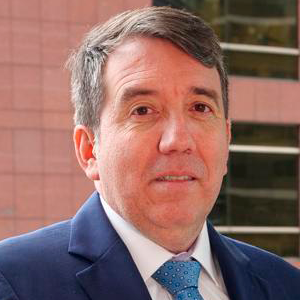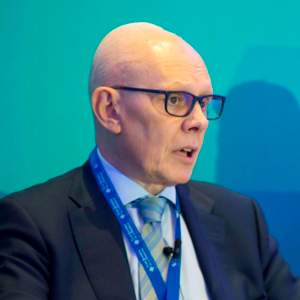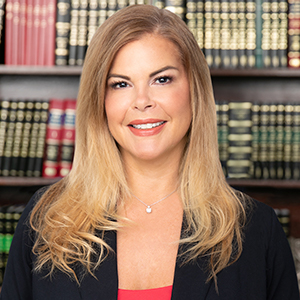DESCRIPTION:
The net-zero (decarbonization) challenge is unprecedented – in scale, complexity, in speed. Smart grids allow consumers to be active participants in responding to this challenge, but the public may not support it without an understanding of the benefits. Solar PV and microgrids can help to connect communities without access to energy, but they may not be considered in utility planning and rates would become unaffordable without any type of subsidy. What can policy and regulation do to address these barriers?
KEY QUESTIONS:
1) To what extent are energy regulators involved in universal access to energy (access to electricity and access to clean cooking)?
2) Are communities without access to energy included in energy planning?
3) Are regulators able to establish simple rules for access, connection, and operation of photovoltaic home systems or mini grids?
4) Do regulators have the power to establish cross-subsidies in rates to help communities without access to energy?
5) Access is not just a grid connection – it is getting electricity when needed. How can regulators and utilities empower consumers to play an active role in energy security?
6) What mechanisms are available to regulators to facilitate access to and use of energy for vulnerable people?






